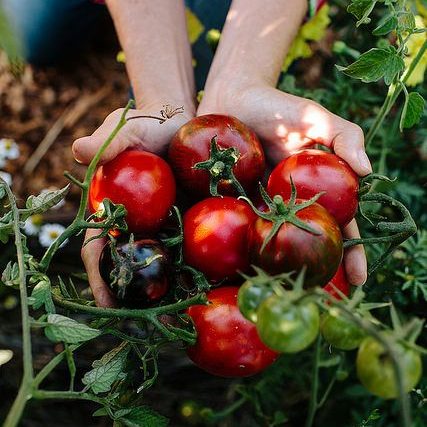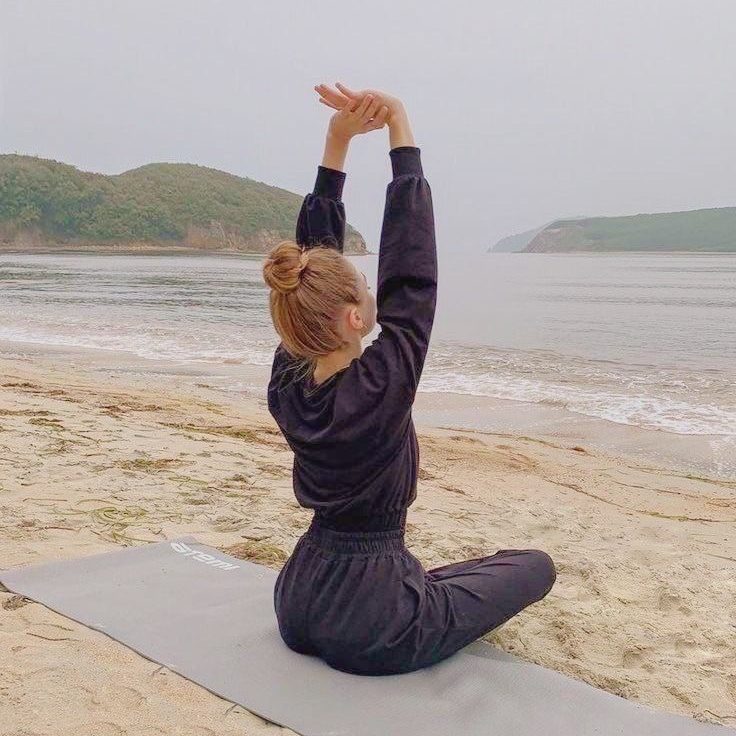Science has always been a realm in which less theory and more application are the only way to go. Scientific study or pursuit demands a prerequisite of a scientific mind which can only be developed through careful observation of phenomena and their effective application in daily, mundane life. Personality traits of children like deduction, analysis, quick wit and inquisitiveness do prove to be effective aids but the concrete development of a scientific mind in children is a gradual process and not an inherent skill. Here are three easy ways in which children can endeavor toward developing a scientific mind.
- Observing Nature and Natural Phenomena
Scientific approach and analytical thinking stem from deep and focused observation of nature. Nature is the repository of all sciences and everything that surrounds us is a product of science in some way or other. Children should be greatly encouraged to observe nature in all its glory and greenery, with its extensive biodiversity. Natural phenomena like the rains, storms, cyclones and various seasons normally fascinate and be wilder to children. Such curiosity should be channelised in the correct direction by visually appealing imagery and explanation that would excite their young minds.
- Asking Questions and Seeking Answers
Children should be encouraged to ask as many questions as they like until and unless their query is quenched. This is what broadens the thinking outlook and diverted the horizons of thought. The simple act of asking questions and seeking their rightful answers has led to several successful discoveries, both planned and chance ones. Children are often forced to suppress their enquiry in the fear of judgements or self-doubt. A scientific environment must be designed for them where it is necessary to be conveyed to them that their open curiosity and creativity is always welcome and that they should keep asking and seeking and expressing however dumb or stupid or nonsensical their question may seem to them.
- Training And Stimulating Their Senses
Children are inherently perceptive in nature and keenly observant, but to develop a scientific mind all the five senses should integrate simultaneously to gauge a problem. Stimulation can be done in various ways including visual stimulation using colourful and graphic art and pictures, informative documentaries and three dimensional models. Auditory stimulation is also done through experimentation with stress on natural sounds and how they are formed and why do we hear them the way we do. Science is what one perceives.































